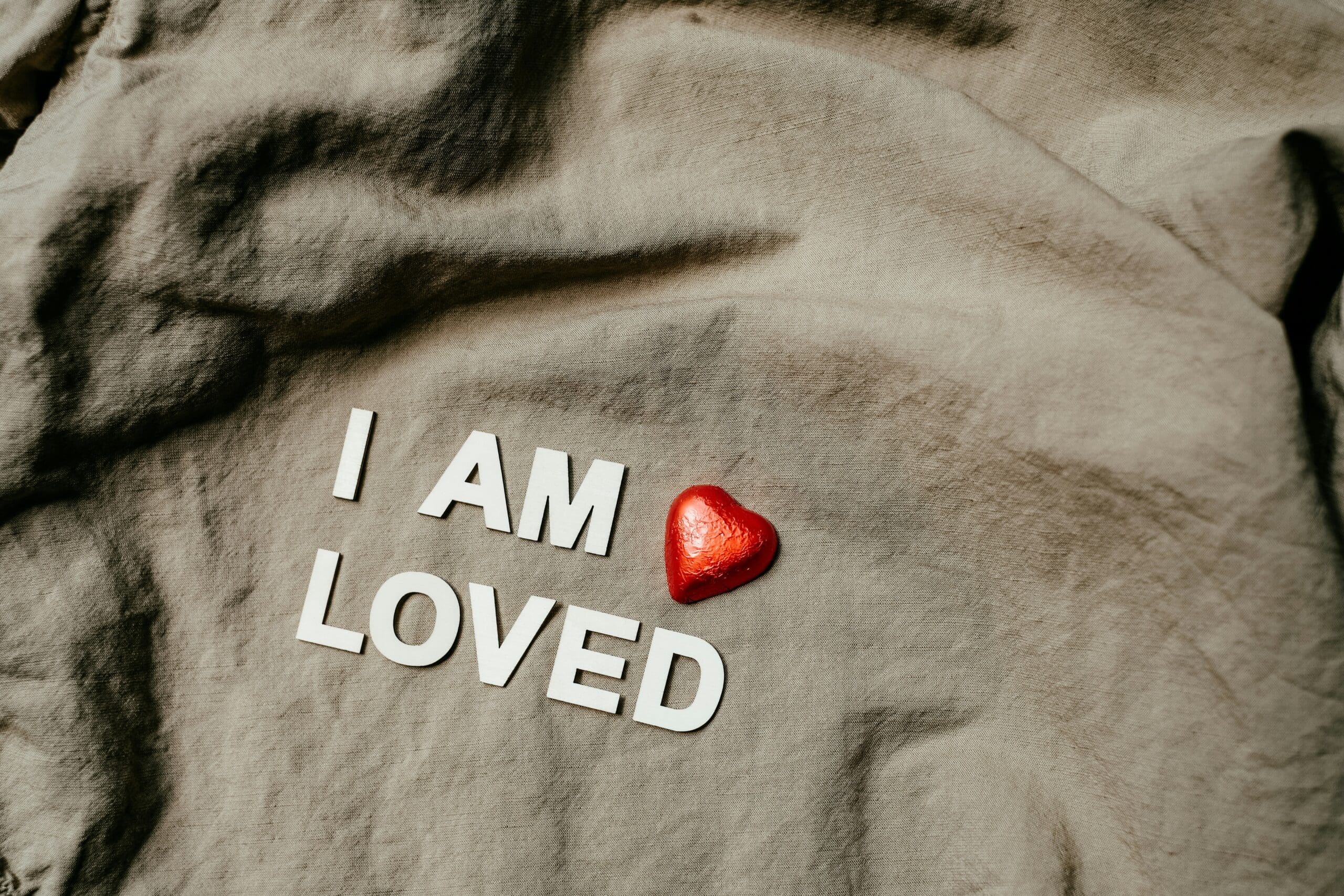By Dr. Femke E. Bakker
You hear it everywhere. You have to love yourself! It’s in books, podcasts, social media posts. And yes, it sounds good. Of course you want to love yourself. But then your inner critic speaks up, just when you thought you were doing fine. That one sharp thought “I should be doing better” can undo (seemingly!) hours, even days, of progress.
And you might wonder… if self-love is so important, why is self-love so hard to hold onto?
I believe it’s not because you’re failing at self-love. It’s because you’ve been missing a perspective that makes self-love possible in the first place.
Why Is Self-Love So Hard?
From the time you were small, you learned that love often comes with conditions. You may have felt more accepted when you behaved a certain way, performed well, or met someone else’s expectations.
Even now, you can go from feeling good about yourself one day to questioning everything the next — all it takes is a triggering situation or a careless comment. And when self-love feels big and abstract, it’s easy to see it as another thing you have to get right.
The perspective that changes everything
If you’ve been asking yourself why is self-love so hard, it may be because you’ve been missing a perspective that makes it possible: the selfgentleness perspective.
Selfgentleness is not the same as self-love. It is a way of looking. At yourself, at your life, even at the world. When you look through the lens of selfgentleness, you see yourself as worth caring for in every state, not only when you “deserve” it. And the aim is not to hold this lens every second of the day. The real skill is noticing when you’ve put it down, and knowing how to pick it up again.
How selfgentleness can unlock self-love
You don’t have to feel deep love for yourself to start. You begin by choosing the selfgentleness perspective: I will be gentle with myself as often as I can.
Then you back that choice with small, doable actions for when you notice you’re ungentle:
- Pause for a moment before you react or act.
- Place your hand on your heart and ask, “What would feel a little better right now?”
- Stay with the answer you get. Even if it seems far away, acknowledging that this is what would feel a bit better is so important.
- And then: choose rest instead of pushing through.
These moments are not just “nice habits.” They are tools for returning to the selfgentleness lens until it becomes a more natural way to see yourself. Over time, this perspective softens the old conditioning and allows self-love to grow as something you can relate to rather than a unrealistic goal.
Finding your selfgentleness flow
So the next time you’re wondering why is self-love so hard, remember that it’s not about perfection. There will be days when you don’t feel selfgentle at all. That’s not a failure, it’s part of life. Everyone feels like that from time to time. Even I, while I teach selfgentleness! This process isn’t about forcing yourself to be selfgentle 24/7. The art of selfgentleness is noticing when you’re not and then finding your way back to it. Again and again, in small and practical ways that help you to allow yourself to be where you are.
You can start right now. Notice the next time you catch yourself in self-criticism. Then choose one small thing that makes you feel a little bit better. One that feels like a moment of softness. Just for you. No matter what.
If you’d like some help getting started, you can download my free Selfgentleness Starter Guide and meditation. It’s a simple way to begin seeing yourself through a selfgentleness lens, one small step at a time. You can download it here:
If you like to receive the next blog post in your inbox, you can let me know in the form below!
Be selfgentle,
All love, Femke





